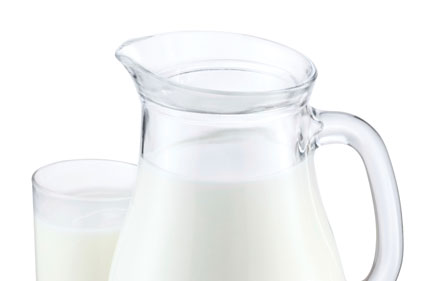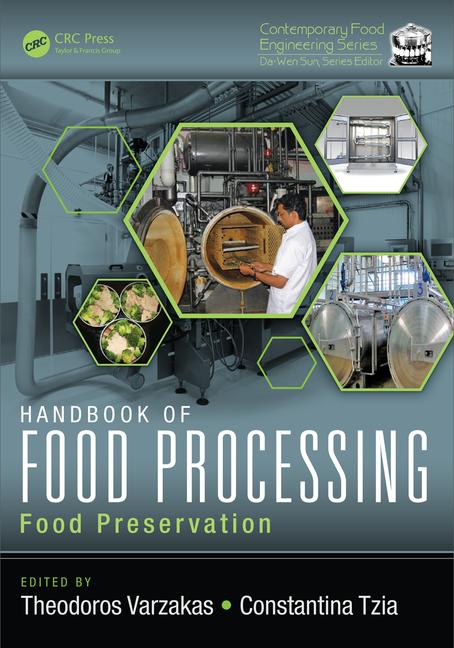Most Common Food Frauds Explored

Researchers at the U.S. Pharmacopeial Convention compiled a database of all 1,305 academic articles and media reports -- they believe the first of its kind -- to devise the list.
“There is a general sense that food fraud is a major global problem for the food industry,” said Jeff Moore, one of the researchers. “But no one knows the size of the problem. No one has collected and compiled all the information in the public domain on this topic.”
The fraud is to turn a buck, sometimes by using cheaper ingredients such as hazelnut oil in the place of some or all of the olive oil in a product. However, it can have public health consequences.
It particularly points out melamine, a chemical that was not even on the industry’s radar until it showed up in pet food in 2007 and infant formula and powdered milk in 2008. The database found that there were reports of it being used as early as 1979 as a protein substitute. It has killed children worldwide.
“In any case it is an economic issue,” said Markus Lipp, another researcher on the study. “But the decision of the adulterer can make it a public health issue.”
Lipp said the keys to fighting food fraud were more regulation, oversight, transparency, “industry that is willing to enforce those standards and ultimately consumers who care.”
U.S. Pharmacopeial Convention is a nonprofit scientific organization. The results of its research were published in the Journal of Food Science.
From the April 6, 2012, Prepared Foods’ Daily News
Looking for a reprint of this article?
From high-res PDFs to custom plaques, order your copy today!





